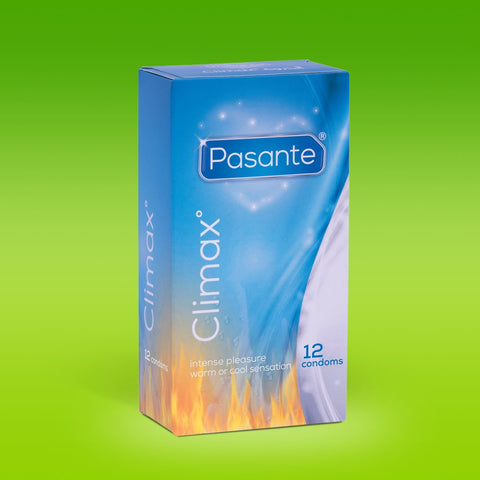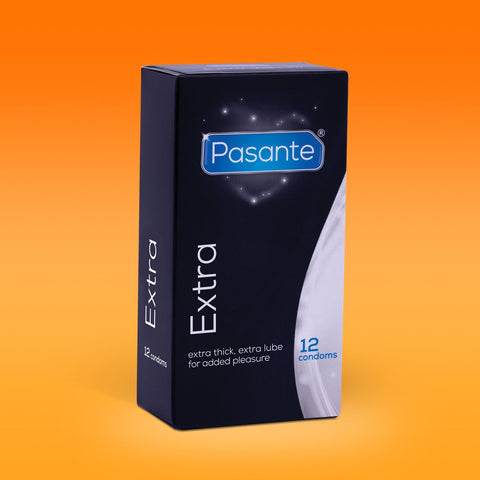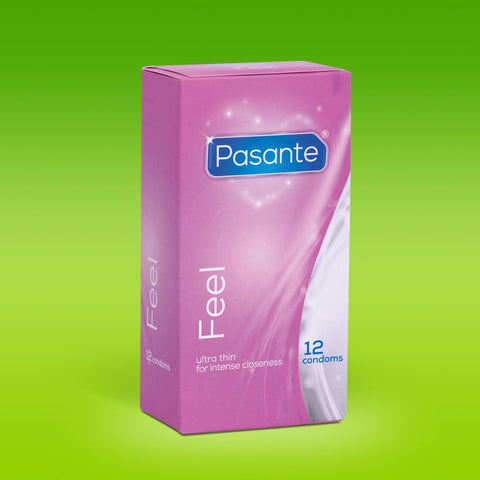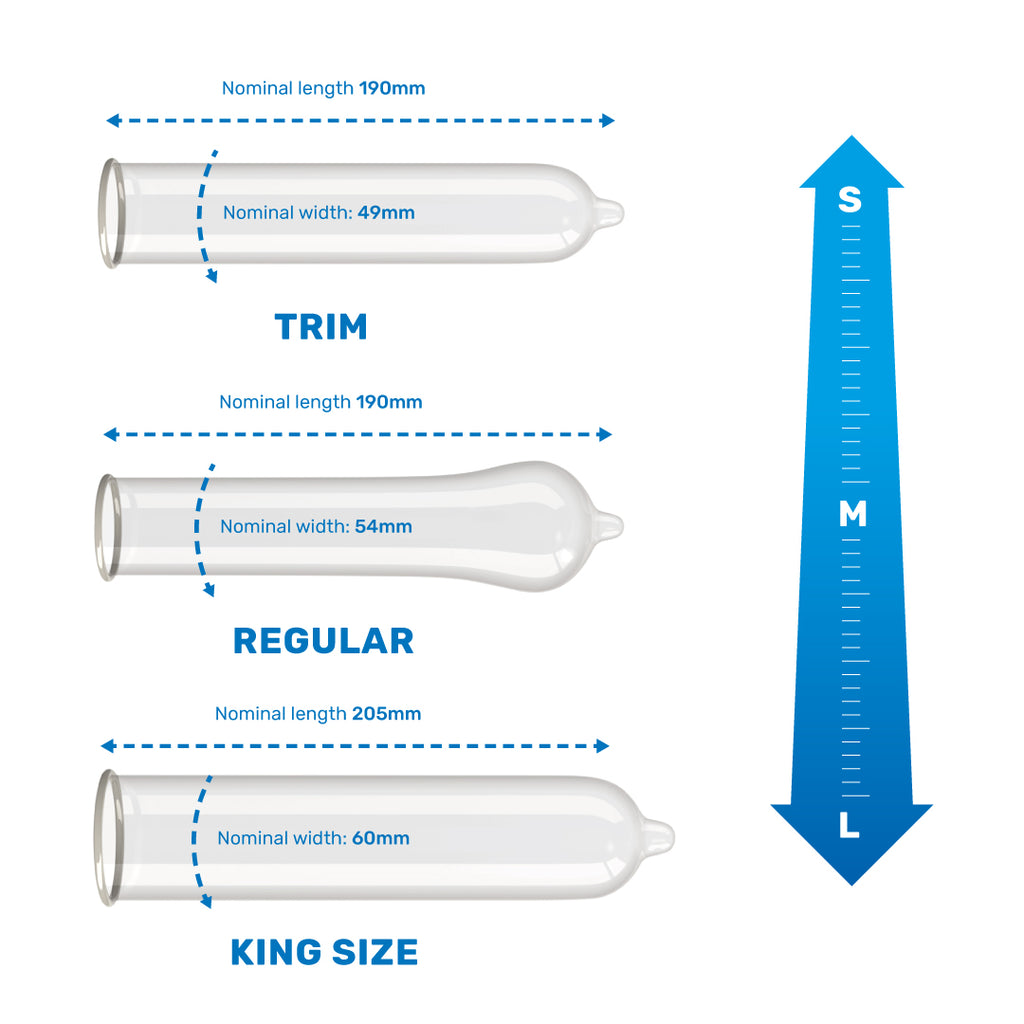
LGBTQ+ Pride
Today marks the start of Pride month. Usually, right about now full processions and colourful flags would be lining the streets of the world in full celebration of the LGBTQ+ community. LGBTQ+ pride month celebrates years of struggle, fighting discrimination of civil rights, equal justice and prejudice while honouring those that were involved in the Stonewall Riots back in 1969.
While the LGBTQ+ community come together to celebrate love, freedom and acceptance, another battle is ongoing; the war against STI’s which continue to remain prevalent in gay, lesbian, bisexual and men who have sex with men (MSM).
This pride month, find out more about the history of the Stonewall Riots, what sexually transmitted infections LGBTQ+ are at risk of and how we can celebrate pride month this year.
History of Pride Month
It was early morning on June 28th 1969 in New York City’s Greenwich Village at the Stonewall Inn - a popular gathering place for young gay men, lesbians, bisexuals and transgender people. Raids on establishments catering to the LGBT community were commonplace with police enforcing anti-LGBT laws. This resulted in closing down LGBT-friendly spaces whilst bundling patrons into the back of police vans and violence. This particular morning, Stonewall Inn fought back - tired of being persecuted and discriminated against for being themselves in public, the community began to fight back, resulting in the police barricading themselves inside the Stonewall Inn. This was the beginning of the gay rights movement and one year later the first pride march commenced, marking the day of the stonewall riot.
Sexually transmitted infections that are prevalent in:
Gay, bisexual men, and men who have sex with men (MSM),
Gay, bisexual and men who have sex with men (MSM) are more likely to experience sexually transmitted infections (STIs) with cases continuing to rise every year. Between 2018 and 2019, Public Health England reported the following statistics;
Gonorrhoea: Increase of 26% from 26,864 to 33,853.
Chlamydia: Increase of 21% from 19,214 to 23,187.
Genital herpes: Increase of 10%: from 1,713 to 1,884.
Syphilis: Increase of 3% from 5,684 to 5,875.
Genital warts: A small decline of 4%: from 3,340 to 3,195
HIV: There has also been a decline in new HIV diagnoses, most likely due to work on HIV prevention; expanded HIV testing, Prevention (TasP) and HIV pre-exposure prophylaxis (PrEP).
Rates for new cases of Gonorrhoea and Chlamydia tend to be raising dramatically for gay, bisexual and men who have sex with men (MSM). To protect yourself from sexually transmitted infections, wear a condom and continue to test annually for HIV and STIs or every three months if having unprotected sex with new or casual partners.
LGBT Women's health and support
Lesbian and bisexual women are still at risk of catching sexually transmitted infections (STIs). Whether you engage in oral sex, using sex toys, or touching your own genitals and then your partner, you are still at risk of exchanging bodily fluids. Between 2018 and 2019, Public Health England reported the following;
Chlamydia: Increase of 79%; from 191 to 342
Gonorrhoea: Increase of 68%: from 87 to 146
Genital herpes: Increase of 61%: from 117 to 188
Syphilis: Increase of 55%, from 11 to 17
Genital warts: Increase of 23%: from 169 to 208.
Due to smaller numbers, the increase in STI diagnoses among women who have sex with women should be interpreted with caution
Rates for chlamydia, gonorrhoea, genital herpes and syphilis continue to be prevalent in lesbian and bisexual women. To protect yourself from sexually transmitted infections, you should either continue to test annually for STIs, including HIV or every three months if you are not using a condom or dam with new or casual partners.
10 ways you can celebrate LGBTQ+ Pride Month:
1. Attend a virtual pride event
2. Hold a pride picnic in your garden or the local park
3. Read LGBTQ+ literature
4. Donate to LGBTQ+ non-profits
5. Volunteer to LGBTQ+ organisations
6. Wear bright and colourful clothing
7. Educate yourself on local, regional, and national LGBTQ+ legislation
8. Learn about the history of pride
9. Decorate your home with pride-decor
10 Create DIY pride art
Celebrate with us
To celebrate Pride Month, our Pasante pride condoms come in 144 Pride Packs with 4 fun designs.




